How to Fix Error Code 53003 in Microsoft 365 Applications?
The error code 53003 typically appears in the Outlook application. However, it may also occur in other applications within the Microsoft 365 suite. According to the error’s description, it stems from Azure Conditional Access Policies implemented by an organization’s IT administrator for the user’s account.
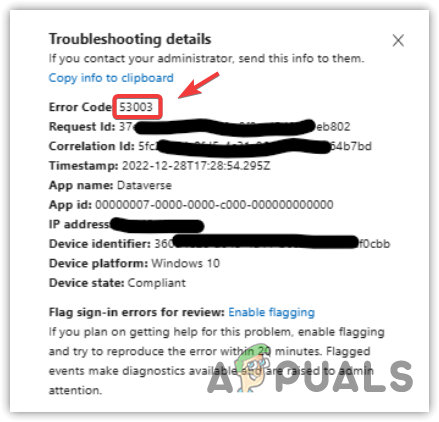
Although the issue is associated with Azure Conditional Access Policies, other factors such as corrupted cache files or an outdated Windows system could also prompt this error.
1. Contact Your Organization’s IT Administrator
Should your account be managed by an organization, begin by reaching out to the IT administrator to have your credentials validated. This step is crucial as incorrect login information could be the reason why you are experiencing error code 53003.
2. Reset or Repair the Microsoft 365 App
Resetting Microsoft 365 will eliminate application-specific data such as cookies, settings, cache, and images. In contrast, the repair function will address potentially corrupted files within the application. It is advisable to attempt to repair the Microsoft 365 app initially; if the issue continues, proceed with resetting the app.
- Access Windows Settings by pressing Win + I keys concurrently.
- Select Apps > Installed apps.

- Locate the Microsoft 365 app that is causing the issue.
- Click on the three dots and select Advanced Options.

- Scroll to the Reset Option, and choose the Repair option.
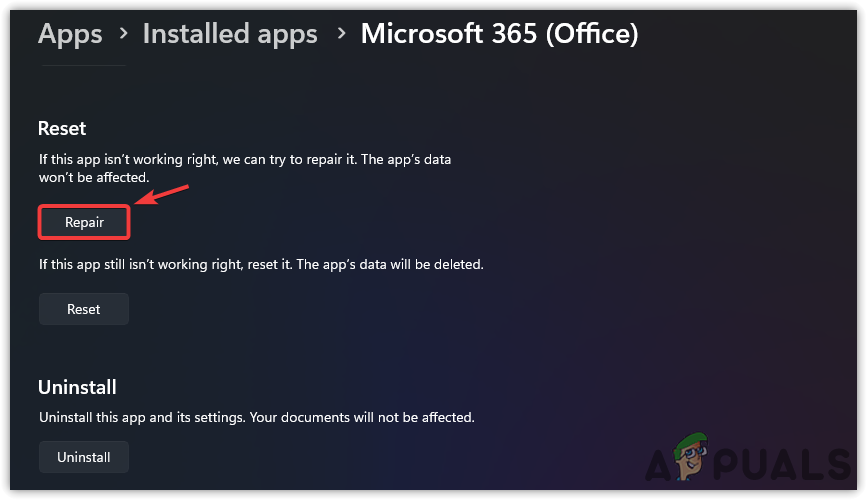
- Afterward, you may reset the app by selecting the Reset button.
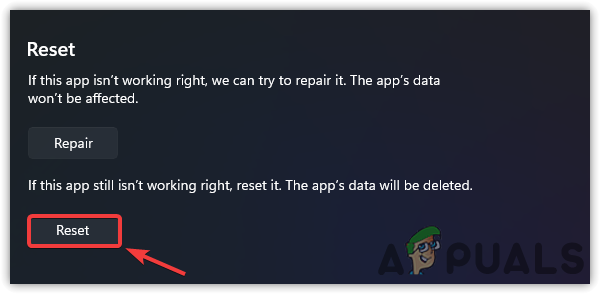
3. Clear Browser Cache
For those using Outlook via a web browser and encountering this error, clearing the browser’s cache could potentially resolve the problem.
- Within your browser, enter Settings by clicking the three dots at the top-right and selecting Settings.
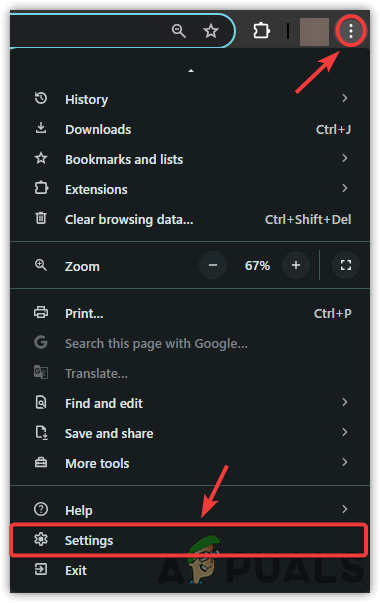
- Navigate to Privacy and Security on the left sidebar.
- Select Clear Browsing Data from the available options.
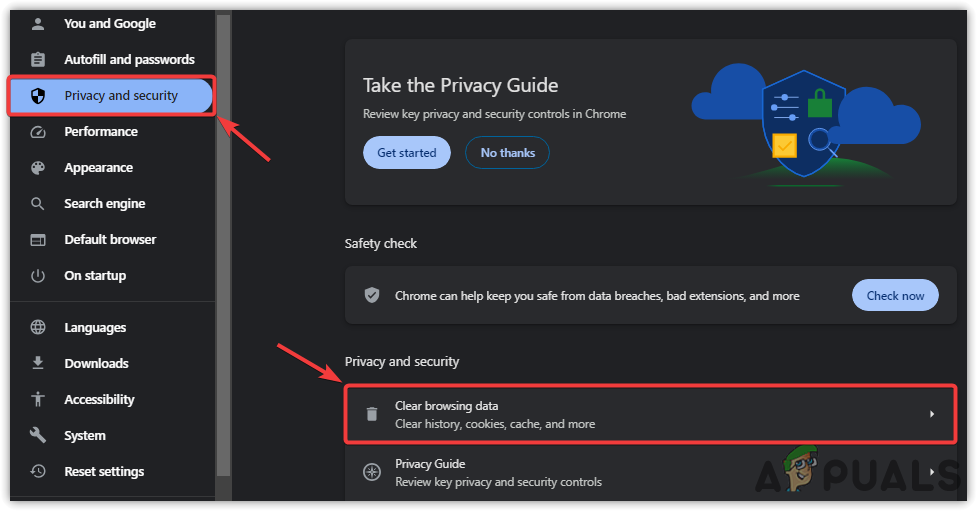
- Modify the Time Range from 24 Hours to All Time and press Clear Data.
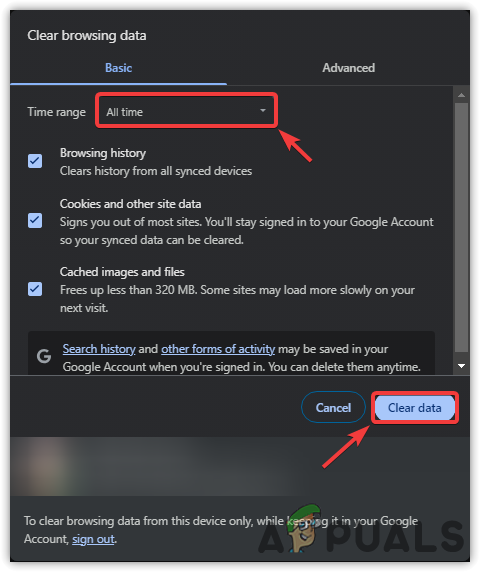
- Proceed to verify if the issue has been resolved.
4. Reinstall the Microsoft 365 App
After trying the aforementioned solutions without success, consider reinstalling the Microsoft 365 app to determine whether corruption within the application files is the source of the problem.
- Launch the Start Menu and input Settings.
- Press Enter to open the settings window.
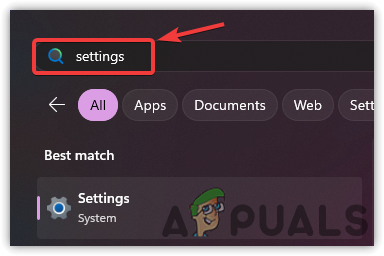
- Head to Apps > Installed Apps.

- Find and select the Microsoft 365 App.
- Tap the three dots and choose Uninstall.
- Confirm by clicking Uninstall once more.

- Finally, reinstall the application and check if the issue persists.





